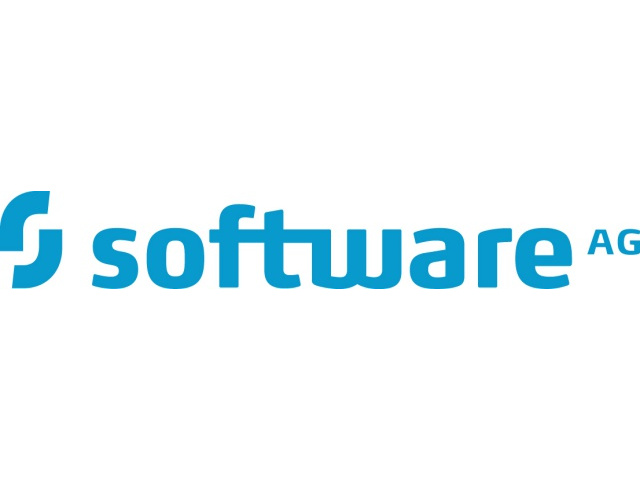By Patrick Shields, CTO, Software AG South Africa
Two forces are set to converge soon - the rise of the Internet of Things (IoT) and the emergence of 5G. On the surface, this is exciting, with the potential for both emerging technologies to usher in a slew of new capabilities. Additionally, organisations will be able to reap far greater business value from having IoT solutions in place.
However, the fragmented market of various networks and technologies aimed at connecting a wide variety of devices, is an obstacle that needs to be overcome.
This fragmentation is due to the variety of individual pieces that make up an IoT solution. As a result, IoT fragmentation is creating technical complexity for organisations that want to adopt the technology or move their IoT pilots from project phase into real world production.
Exacerbating matters is the lack of standards for IoT, and the fact that there is no one size fits all as it relates to the adoption of IoT. That was not the case with some other emerging technologies that have become mainstream. In a nutshell: every organisation has a different IT and enterprise architecture landscape that makes IoT complex.
Whatever the organisation, the heart of the fragmentation conversation is security. Because of the lack of standards, initially many device makers concentrated on ensuring their products connected and could be deployed into the market quickly. Little attention was paid to how secure they were. Today, protections are being built into devices from the outset. You will find that newer IoT devices, designed with security in mind, will proliferate, whereas older devices will fall by the wayside.
Furthermore, I expect that more intelligent devices that broadcast and receive instructions will be subjected to considerably more stringent standards.
For the most part, the back-end systems are not much of a problem, as most organisations are more adept at securing these, and have done so for decades. It's really this influx of connected devices, bringing data from the physical world, that poses the larger security problem.
The good news is that time, the emergence of 5G and IoT reaching critical mass will resolve a lot of the fragmentation issues we currently see. As IoT progresses up the adoption curve and becomes more commonplace, a unified set of standards will emerge, with some falling by the wayside and others being introduced. Furthermore, 5G will likely simplify the IoT landscape by being a unifying factor as it relates to the connectivity piece of the IoT puzzle.
This will allow the business value of IoT to blossom - which ultimately should be the driving force in why an organisation invests in IoT. Put frankly, if there is no clear problem being solved by IoT then it is just a science project. Business value is derived from either solving a problem or converting data into insights and then converting those insights into actions.
More specifically, in the commercial sector, understanding the behaviours and the sentiments of customers and being able to respond appropriately, gives companies competitive advantage. In an industrial context, the business value comes from performing condition-based monitoring, being able to detect problems before they occur, and do preventative maintenance.
For companies seeking to start an IoT journey, I would recommend a platform that allows them agility, and does not lock them in to one solution. Additionally, being able to scale, and incrementally grow their IoT solution over time, is imperative. Even as fragmentation of the IoT environment is resolved, being able to start small, fail quickly, pivot and act accordingly will remain critical to an organisation’s success.





